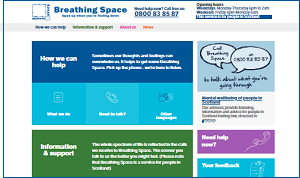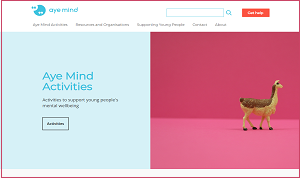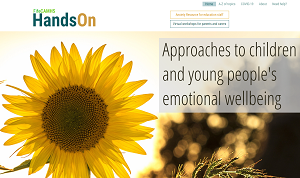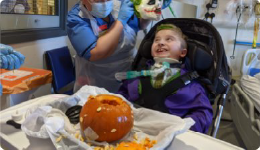The list of symptoms below are common when you are experiencing a period of low mood or depression. However, we all experience some of these at different points in our lives. Depression impacts how you feel, what you think, and what you do. Pay attention to how often you have been experiencing these, and over how long a period of time.
- being more tearful, upset or irritable
- changes in your sleep pattern - sleeping too much or not being able to sleep
- changes in your appetite – more comfort eating or less interested in food
- lacking energy or more tiredness
- paying less attention to your health or medical condition
- feeling hopeless, or not looking forward to the future
- having difficulty concentrating on your school/ college work
- losing interest in activities you used to enjoy
- avoiding seeing friends or spending time with people
- losing interest in your looks
- feeling less confident and happy in yourself
When feeling low or distressed, you may feel an urge to harm yourself or think about harming yourself. Please speak to someone you trust or your GP. If you think you are at imminent risk of harm, or have harmed yourself, please seek help immediately by contacting your GP out of hours, dial 111 for advice, or attend A&E. You can find more information and advice about deliberate self harm here.

















